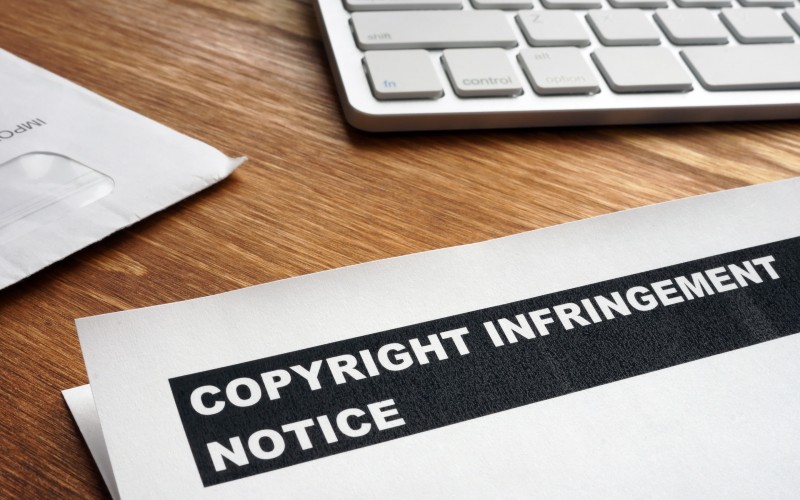
The expanse of the internet is a treasure trove of data, photos, information and much more. The use of this readily available information might seem to make building websites and documents very easy, however, it is worth keeping in mind that use of this information without permission is likely to amount to copyright infringement, which many people may not be aware of.
What is copyright?
With the news that one of the earlier versions of Mickey Mouse is soon to lose its copyright protection under US copyright law, it begs the question of what copyright is, and what this means for you. Copyright is a type of intellectual property which automatically subsists in any of the following:
- Original literary, dramatic, musical or artistic works (which, in the case of literary, dramatic or musical works are recorded in some way);
- Sound recordings, film or broadcasts; and
- The typographical arrangement of published editions
(Copyright, Designs and Patents Act 1988, section 1)
and automatically applies from the creation of such a work. It is therefore not possible to protect an idea i.e. the idea of painting a specific scenery, but the painting itself would be protected by copyright.
The owner of a copyright work will generally be the author of the work, unless agreed otherwise, or unless the work has been created in the course of employment, in which case, generally speaking, the work will belong to the employer. It is worth keeping in mind that any intellectual property created by a contractor (including any work which has been commissioned, i.e. a third party taking photographs for you) will belong to that contractor, unless an agreement is in place to transfer ownership. Any agreement in relation to ownership of intellectual property should always be done in advance to avoid any potential problems once the work has been undertaken or further down the line.
Contrary to popular belief, in the UK, there is no register of copyright, and there is therefore nothing which requires to be done to ensure that there is copyright protection over a copyright work. However, in order to make it clear that something you have created is covered by copyright, it is possible to include the © symbol, along with the year the work was created and the name of the owner.
How can I use work belonging to someone else?
If you come across some copyright protected work which belongs to someone else which you would like to use, there are various options available to be able to use it. In the first instance, you should contact the owner of the work to discuss whether they will permit you to use such works and, if so, on what terms.
If it is agreed that ownership of the copyright can be transferred to you, an agreement should be entered into as this is required to be done in writing.
However, more commonly, the type of arrangement which is agreed will be a licence from the owner of the works to you, to permit you to use the work. It is worth agreeing what you can use the work for, whether there is any payment required for the work (which may include an up-front licence fee and royalty payments depending on what the work is and what you will be using it for) and whether there are any circumstances when you will be required to stop using the work.
There are a number of exceptions which would mean that you wouldn’t have to have a licence arrangement in place with the owner of copyright work. These include the ‘fair dealing’ defences which include research and private study, criticism or review, reporting current events, quotation or parody, caricature and pastiche. These should only be used with caution as there are certain limitations around when these can be used.
What can I do if someone else is using my work without my consent?
As has been seen multiple times in the news recently, if using copyright work belonging to someone else, you are likely to find yourself on the receiving end of a copyright infringement claim. However, as was seen in the Ed Sheeran Shape of You case, it may not always be the case that such infringement claims are successful. It remains to be seen whether infringement claims in relation to Mariah Carey’s hit All I Want for Christmas is You or against Paramount in relation to Top Gun: Maverick are successful or deemed to be unfounded.
If you find that someone is using your copyright work without your consent, you could try to contact them to discuss licence terms which might be acceptable to you. If this approach is not successful, or you would rather not approach the user directly, or if you find yourself on the receiving end of an infringement claim, you should seek legal advice.
If you would like to discuss how to use copyright belonging to someone else, or how to enforce your rights in your own copyright works, it is important to obtain legal advice from a specialist solicitor. With experts across this field, we can provide a tailored service to your needs. Please do not hesitate to contact us on 03330 430350 if you would like any assistance.
